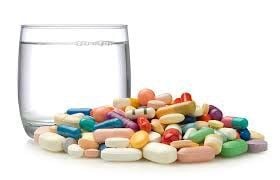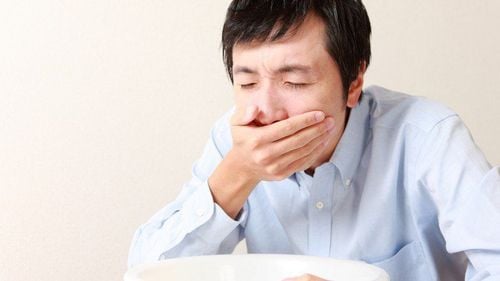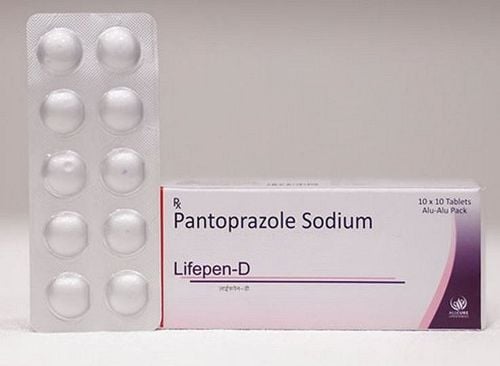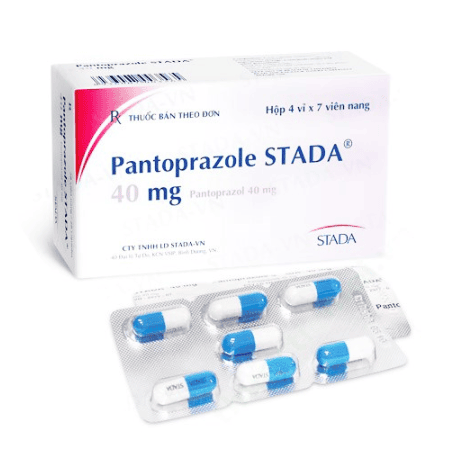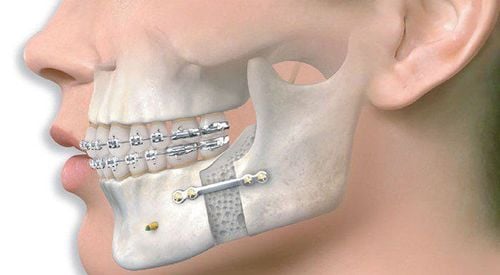This is an automatically translated article.
Breathing is an automatic and mandatory human activity. And breath is not simply a manifestation of life, bad breath also contains a sign of current health status.1. Snoring
After a night of snoring (or sleeping with your mouth open), your mouth becomes dry and becomes an ideal place for bacteria that cause unpleasant odors (the smell of “morning breath”). People often snore if they sleep in an upright position, so try lying on your side to solve the problem.
Snoring can also be a sign of sleep apnea. If you regularly snore, consult your doctor to prevent dental problems in particular, and in general health, sleep apnea can cause. Using floss and brushing before going to bed is a way to clean your teeth and limit bacteria growth at night.
2. Periodontal disease
If the breath has a metallic smell, it is most likely because bacteria has grown that causes inflammation and even infection in the gums, which is periodontal disease. Smokers or people with poor oral hygiene have a higher risk of disease.
3. Gastroesophageal reflux
Gastroesophageal reflux is a condition in which the acid in the stomach does not go down, but back up into the esophagus. It can make breath smell sour, can push a little bit of fluid or food back up into the mouth, causing damage to the oropharynx and creating an ideal breeding ground for odor-producing bacteria.
4. Diabetes
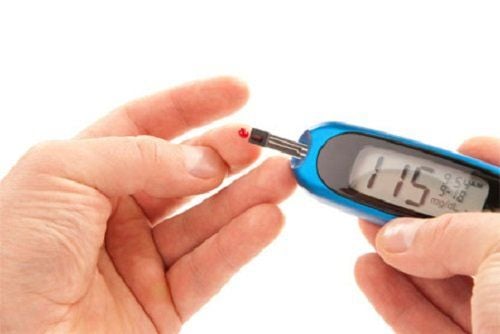
Khi người bệnh đái tháo đường thấy hơi thở có mùi hoa quả thì hãy đi khám bác sĩ càng sớm càng tốt
5. Helicobacter pylori
This is the name of a bacteria that has been linked to stomach ulcers and stomach cancer. It can make your breath smell bad, causing symptoms like nausea, vomiting, abdominal pain, heartburn, and indigestion. Fortunately, if detected, this bacteria can be eliminated with drugs.6. Respiratory tract infections
Colds, coughs and sinus infections cause the mouth and nose area to fill with fluid (pus) containing bacteria, affecting breathing. However, this condition will disappear after the body recovers from the disease.
7. Medicines
Some medications can cause bad breath because they dry out the mouth. Some drugs (such as nitrates used in cardiovascular disease, chemotherapy for cancer, and some sleeping pills) release chemicals that cause bad breath. Taking too many vitamins also causes the same condition.
8. Tonsillitis

Quá trình canxi hóa sẽ diễn ra và hình thành nên sỏi amidan khi thức ăn đọng lại ở amidan
If food is deposited in the tonsils, calcification will take place and form tonsil stones. Usually tonsil stones don't cause problems, but sometimes they can inflame the throat, allow bacteria to grow and cause an unpleasant odor.
Tonsillitis can be removed with a toothbrush or with a cotton swab. They will clean areas in the mouth, including the tongue and plaque after eating. If you have frequent tonsil stones, see your doctor.
9. Dehydration
When the body does not have enough water (dehydration), saliva will not be secreted enough, so it cannot clean bacteria as usual, causing bad breath. There are a number of rare diseases and syndromes (such as Sjögren's syndrome, scleroderma,...) that affect the salivary glands and cause dry mouth and bad breath.
10. Bacterial infections
A wound in the mouth can become infected with bacteria and produce an unpleasant odor. Infection is more likely to occur if dental care instructions are not followed. In most cases, the infection will clear up on its own. If not, see your doctor. An effective way to maintain hygiene is to gargle with salt water several times a day.
11. Liver failure
Liver failure can cause breath that has a very specific odor, which is the smell of rotten fruit. This is a sign that the liver has ceased to function properly due to advanced liver disease. Other signs of liver failure are jaundice (yellowing of the skin, whites of the eyes) caused by increased levels of bilirubin.
12. Kidney failure
When the kidneys fail, the filtering function of the blood does not meet the needs, the patient's breath may smell like fish. This often happens to patients with end-stage kidney disease. The patient now needs to undergo hemodialysis or a kidney transplant.
Please dial HOTLINE for more information or register for an appointment HERE. Download MyVinmec app to make appointments faster and to manage your bookings easily.
Article reference source: webmd.com



